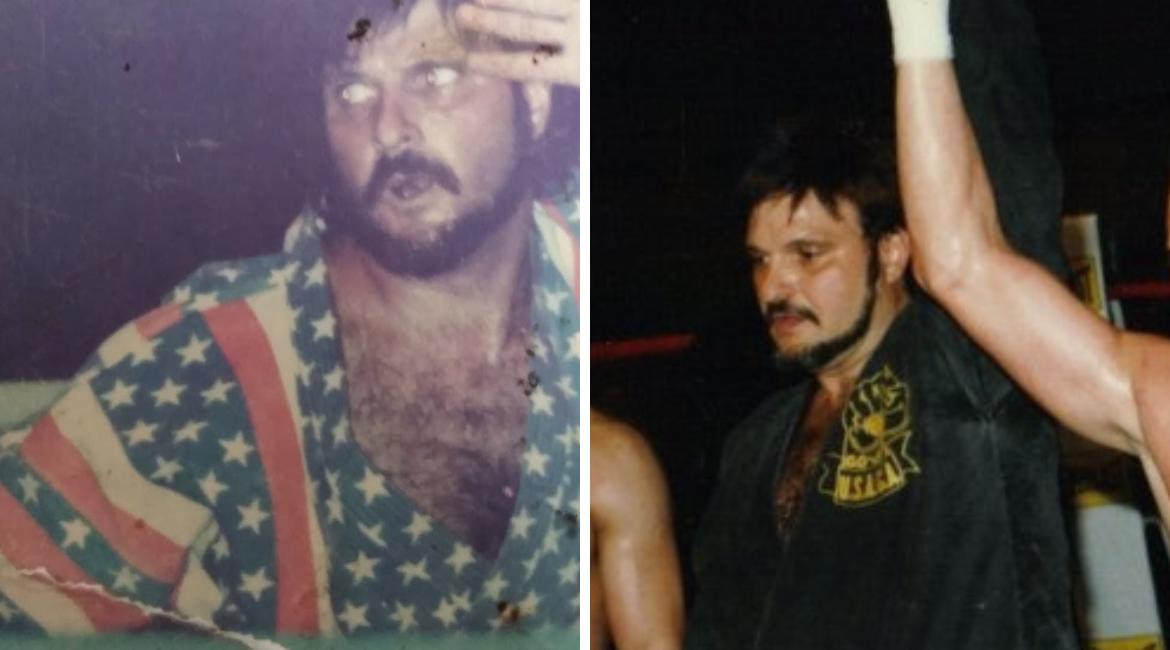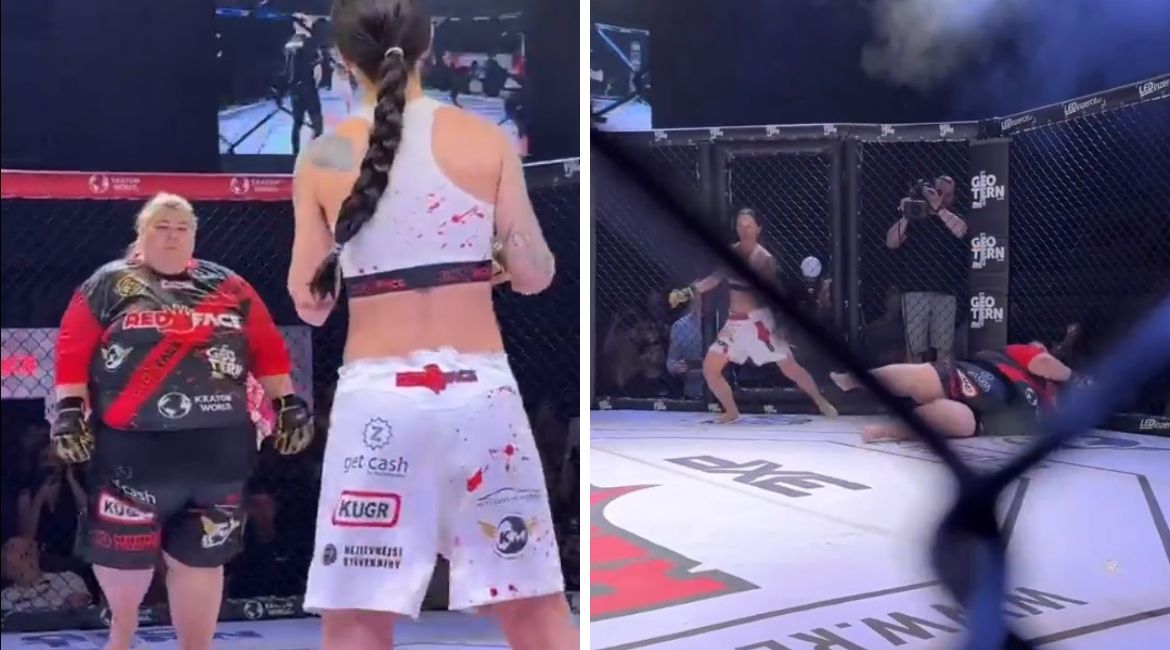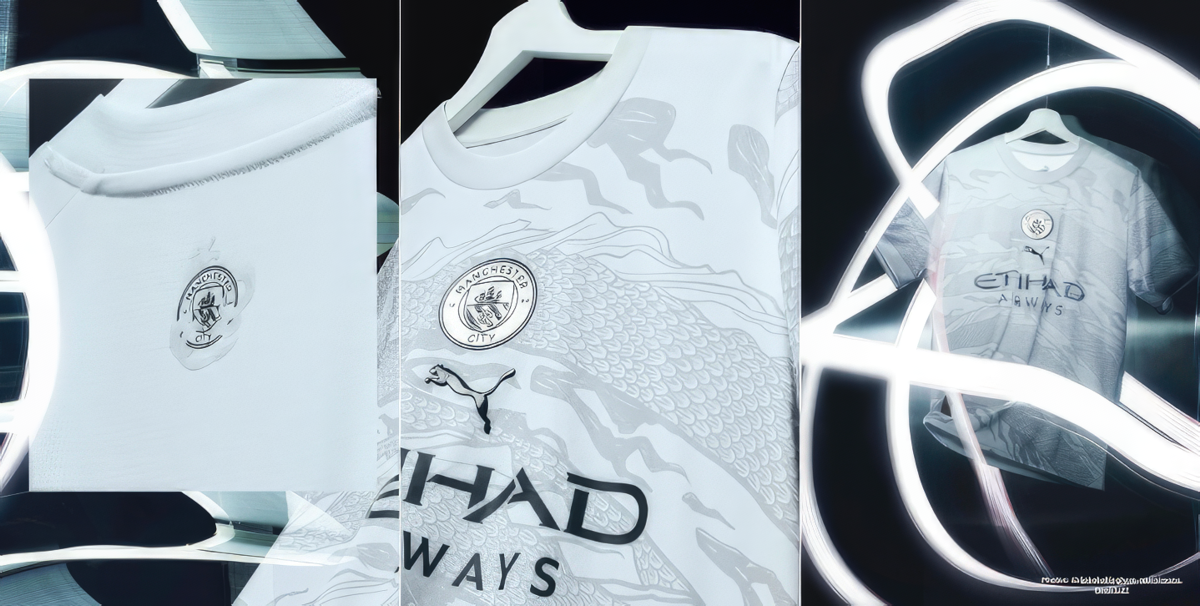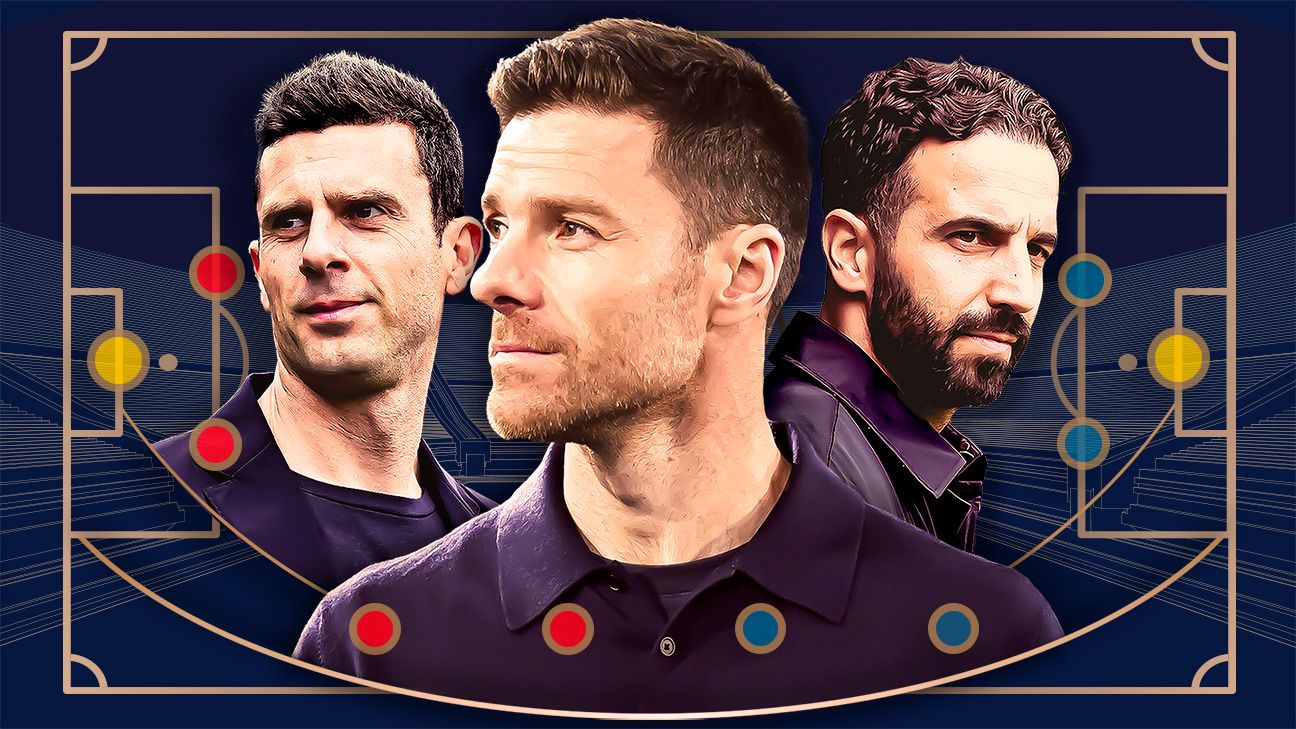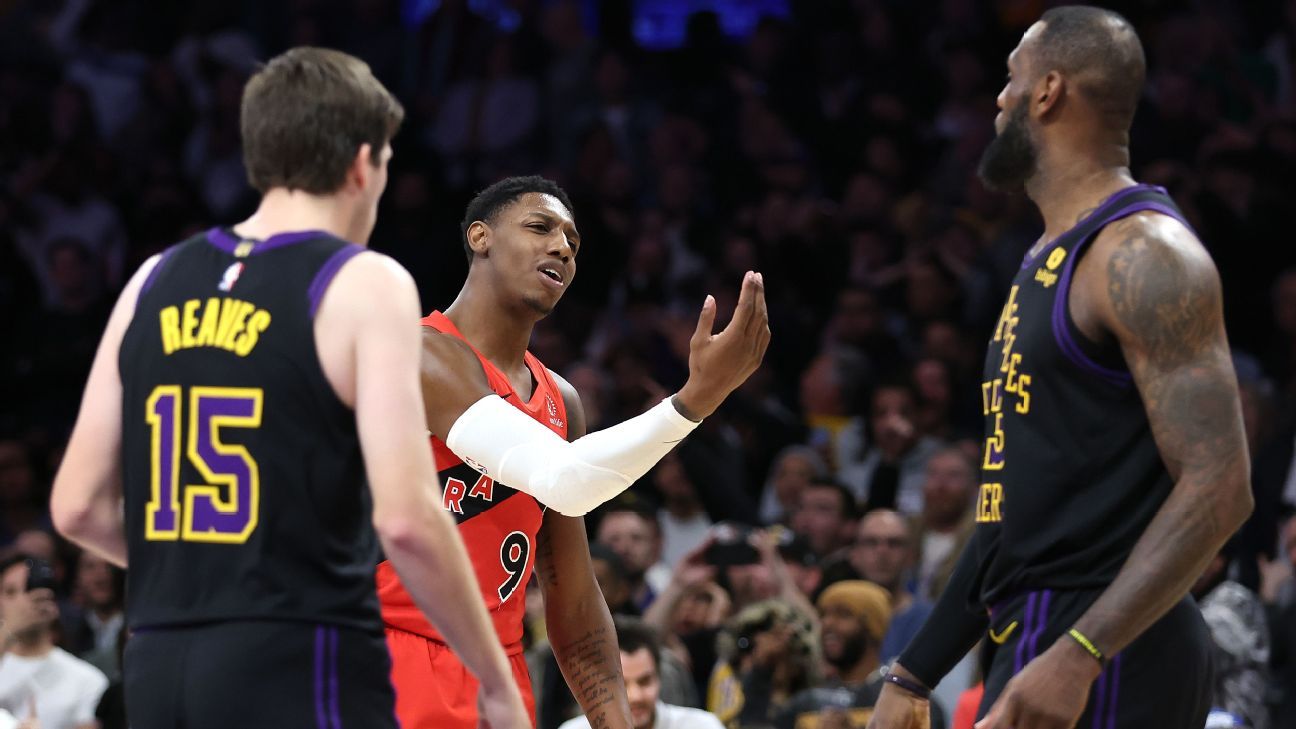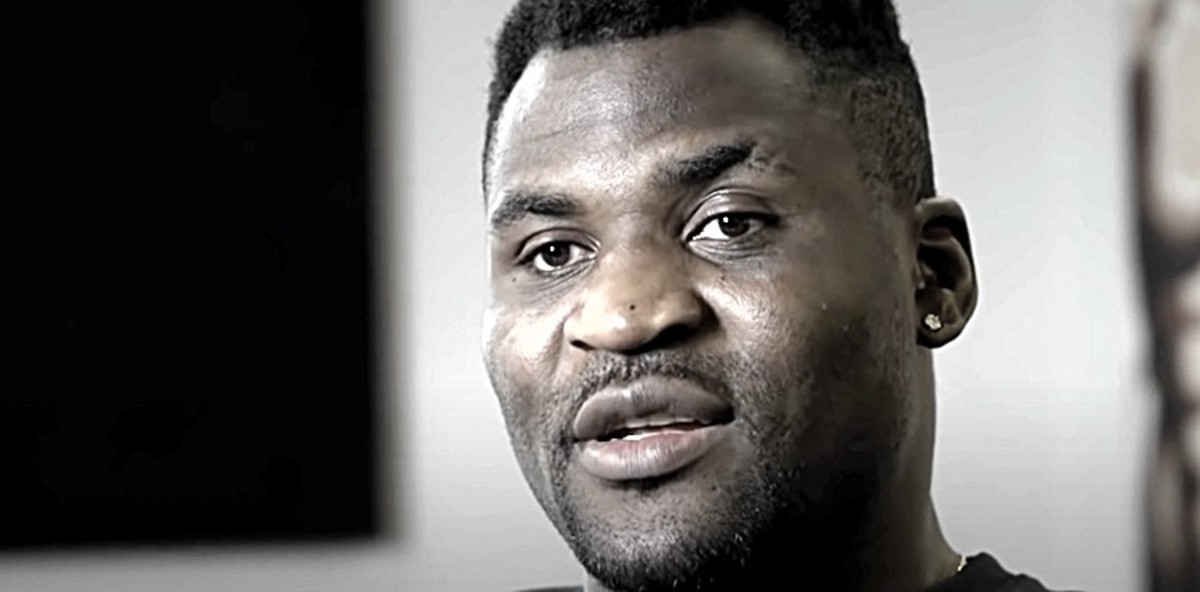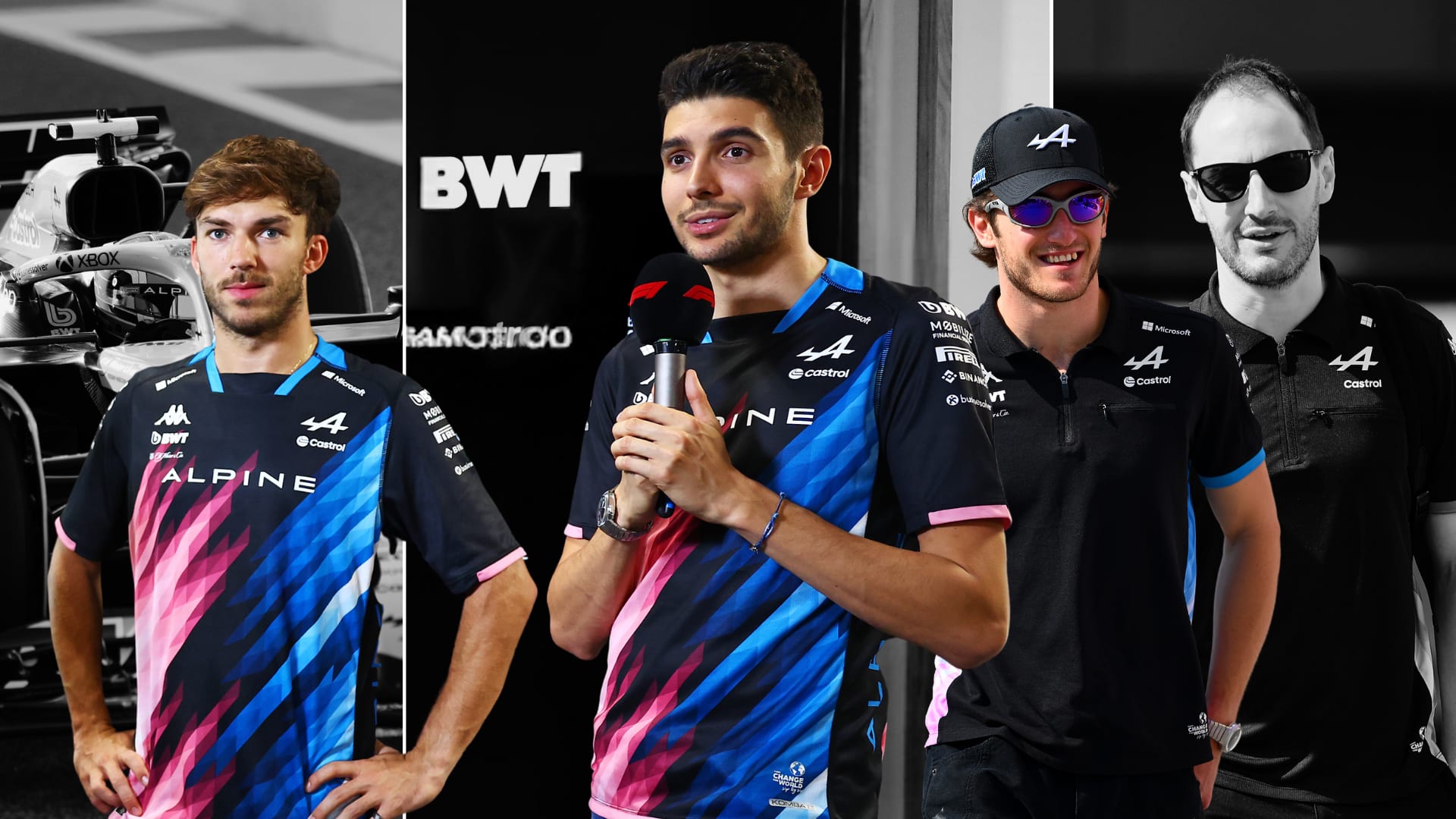The Nationwide Collegiate Athletics Affiliation and the 5 energy conferences have agreed to a settlement that can pave the way in which to permit faculties to pay student-athletes, a profound second that can usher in a brand new age in school sports activities.
The NCAA, the governing physique for faculty sports activities, and the leaders of the Massive Ten, Southeastern, Pac-12, Atlantic Coast and Massive 12 conferences introduced the settlement Thursday evening. Based on a number of experiences that cite unnamed sources, the settlement to settle three antitrust instances consists of the fee of greater than $2.7 billion in damages to previous and present student-athletes.
Per ESPN, sources mentioned the events have agreed to a revenue-sharing plan that can permit every college to share as much as “roughly $20 million per yr with its athletes.” All Division I athletes who’ve performed since 2016 are eligible to obtain a share. In alternate, any athletes who obtain a share can not sue the NCAA for different potential antitrust and drop their complaints within the three antitrust instances – Home v. NCAA, Hubbard v. NCAA and Carter v. NCAA, based on ESPN.
Experiences added that Decide Claudia Wilken, who’s presiding over the three antitrust instances, should nonetheless approve the settlement phrases, which may take a number of months and as soon as authorised, faculties can start income sharing within the fall of 2025.
The settlement, if accepted by Wilken, represents a turning level in school athletics, which have historically competed beneath the guise of amateurism that allowed a seedy underbelly of hidden funds and compensation to flourish. Quite a few school applications have been punished by the NCAA for his or her gamers being compensated in a roundabout way for his or her exploits on the sector, from hundreds of {dollars} being paid to star gamers beneath the desk to a coach shopping for a recruit a hamburger on a go to.
Because the enterprise of faculty sports activities took off, the veil of amateurism had begun to look absurd to many observers: Faculties and conferences started raking in hundreds of thousands upon hundreds of thousands of {dollars}, coaches have been preaching austerity and amateurism earlier than leaving their gamers to take a brand new job with an enormous pay increase and TV networks helped reshape the panorama of the game to maximise their very own earnings. On the identical time, the gamers on the sector have been being paid nothing though they have been those enjoying within the video games that drove what had develop into a multibillion-dollar trade.
The Home vs. NCAA lawsuit sought to alter that.
Filed by Grant Home and Sedona Prince, two school athletes, in opposition to the NCAA and the Energy 5 conferences – the Pac-12, Massive Ten, Massive 12, Southeastern and Atlantic Coast – the lawsuit targeted on the eight-year, $8.8 billion extension the NCAA signed to broadcast protection of the March Insanity basketball match, in addition to searching for back-dated damages for funds the swimsuit calls wrongly withheld.
Whereas an NCAA rule change allowed for gamers to be paid for using their title, picture and likeness, typically by way of sponsorships and ads, the swimsuit argued the NCAA restricts how a lot scholar athletes can earn exterior employment. For instance, the swimsuit says one NCAA bylaw, regulating jobs athletes can maintain at their universities, “particularly prohibits athletes from receiving ‘any remuneration for worth or utility that the student-athlete might have for the (exterior) employer due to the publicity, popularity, fame or private following that she or he has obtained due to athletics means.”
In a joint assertion, the leaders of the 5 conferences and the NCAA mentioned they hoped that the settlement might be an vital second within the reform of the faculty sports activities world.
“This settlement can also be a highway map for faculty sports activities leaders and Congress to make sure this uniquely American establishment can proceed to offer unmatched alternative for hundreds of thousands of scholars. All of Division I made at present’s progress attainable, and all of us have work to do to implement the phrases of the settlement because the authorized course of continues. We look ahead to working with our numerous student-athlete management teams to put in writing the following chapter of faculty sports activities,” learn the assertion, which was attributed to NCAA President Charlie Baker, ACC Commissioner Jim Phillips, Massive Ten Commissioner Tony Petitti, Massive 12 Commissioner Brett Yormark, Pac-12 Commissioner Teresa Gould and SEC Commissioner Greg Sankey.
Whereas it’s unclear what quick impact the settlement can have on school sports activities, it’s been clear for a while {that a} reckoning was coming — significantly within the wake of the rule change round NIL compensation in 2021.
That rule change, mixed with a softening of the switch guidelines, have led to gamers bouncing from college to highschool in the hunt for a greater NIL deal when prior to now they’d be compelled to remain at their unique college for his or her 4 years of eligibility or threat sitting out a yr following a switch.
Athletes’ elevated use of the switch portal, the commissioners mentioned, has develop into problematic in school sports activities, significantly for student-athletes’ quest to get a level. They mentioned school boosters have taken benefit of the present patchwork of legal guidelines to assist their universities recruit the highest athletes by promising large paydays — to the detriment of faculties in different states which are compelled to play by a unique algorithm.
The dearth of regulation round NIL has made for a type of Wild West environment in school sports activities that the NCAA will now hope to curtail in a roundabout way.
The reported revenue-sharing plan may assist smaller faculties that will not have wealthy NIL collectives keep on a extra stage enjoying discipline with the big-name faculties that do.
This story has been up to date with extra reporting.
CNN’s Ben Morse contributed to this report
For extra CNN information and newsletters create an account at CNN.com










